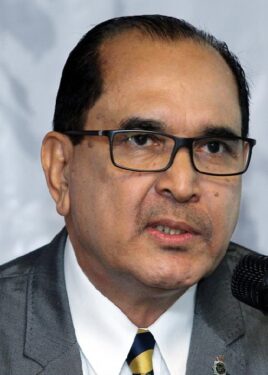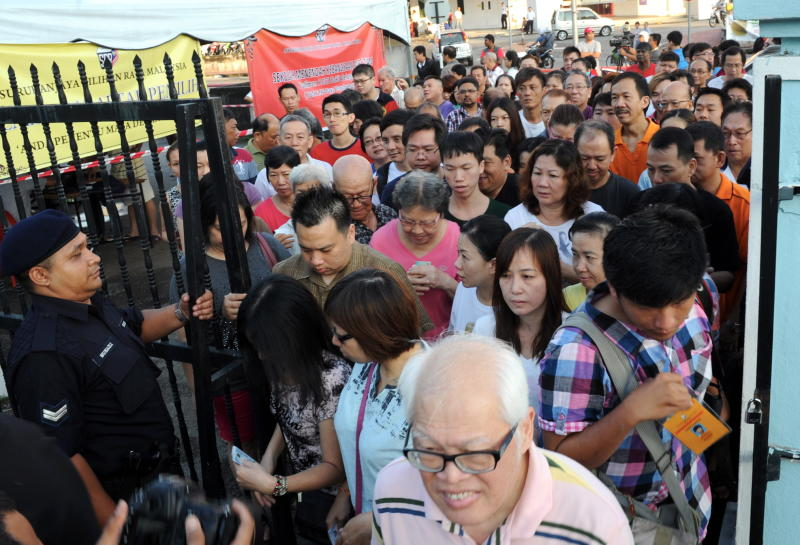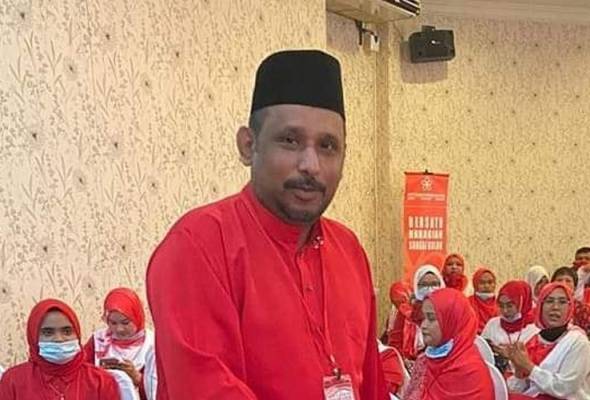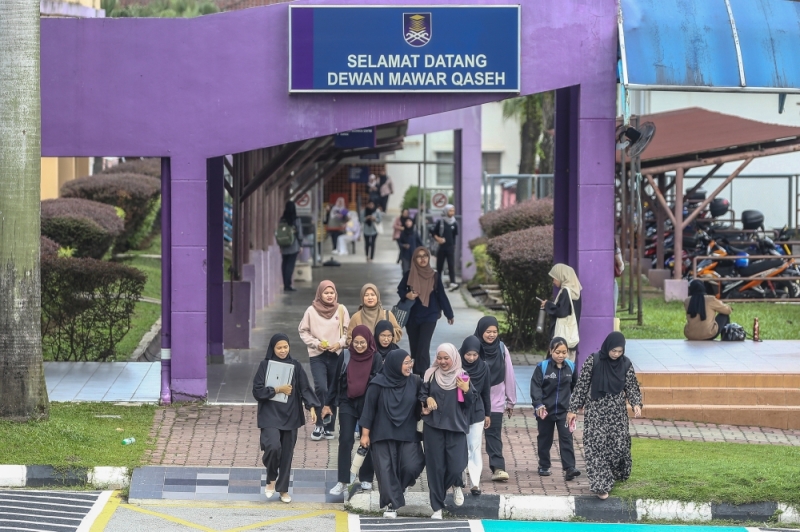POLITICAL parties and candidates involved in the upcoming 15th General Election (GE15) should comply with specific rules related to misconduct and corrupt activities stipulated by the (i) Election Offences Act 1954 (EOA 1954), (ii) Malaysian Anti-Corruption Commission Act 2009 (MACC Act 2009), (iii) the Penal Code, and (iv) the Malaysian Communications and Multimedia Commission (MCMC).
The provisions of EOA 1954 alone covers all forms of corruption: Section 8 (treating), 9 (undue influence) and 10 (bribery) during or after the election period. These are arrestable offences within the provisions of the Criminal Procedure Code.
The penalties are severe – a jail term, fine, being disqualified as an elected representative and losing the rights as a voter.
The necessary provisions already exist in local laws to enable MACC, the police and MCMC to take stern action against corrupt practices in the lead-up to the GE 15.
While the existing laws can be further strengthened, Election Commission (EC) officers and members of enforcement agencies should monitor closely election campaigns of the candidates and their agents to ensure that nobody violates laws/rules pertaining to campaigning. Below are the offences:
Treating
Candidates would be committing corruption under Section 8 of EOA 1954 if they offer food and drinks to voters because such action exudes some form of appreciation to the voters.

The said Section 8 clearly stated that “… and every elector or voter who corruptly accepts or takes any such food, drink, or refreshment or provision or any such money or ticket or who adopts such other means or device to enable the procuring of such food, drink, refreshment or provision shall be guilty of the offence of treating.”
The key word is “corruptly” – that is having an intent to corrupt by offering food or drinks.
Undue influence
Section 9 refers to “undue influence” whereby people are deemed to be guilty of undue influence if they use, may use, or threaten to use force or violence to unfairly steer someone to vote a certain way, or not to vote at all. The penalties related to corruption and abuse of power are under the jurisdiction of the MACC and the police.
The matter of undue influence involving intimidation and use of force – whether directly or indirectly – must be channelled to the police.
Bribery
Bribery is deemed to have occurred under Section 10 of the EOA 1954 when candidates or any individual “buy” votes either directly or indirectly by offering money, gifts, jobs or loans during the election process or making promises of such after the election.

To overcome money politics from both sides of the political divide, the Government must introduce the Political Funds Act as soon as possible to serve as a guide for political parties to differentiate between political funds, contributions and corruption.
Election expenditure limit is a commonly ignored provision of EOA 1954 and is almost unspoken of or written about in the media.
The present limit allowed by the law for election expenditure is RM150,000 for a state seat and RM200,000 for a parliamentary seat. It is believed that a party will spend millions per candidate. Henceforth, it is essential for the EC to review the expenditure limit to ensure transparency among each politician/political party in the country.
Recall that Parti Pejuang Tanah Air (Pejuang) president Datuk Seri Mukhriz Mahathi has previously stated that political parties and candidates should be allowed to spend as much as they can to afford for campaigning as long as the source and recipients of the funds are known.
Penalties under EAO 1954
Anyone found guilty of the above three offences under EAO 1954 can be jailed for a maximum of two years, fined RM5,000 or disqualified as an elected representative and loses the rights as a voter for five years.
Penalties under MACC Act 2009
The person who commits corruption under the EOA 1954 can also be convicted under the MACC Act 2009 which carries much heavier punishments.
The act provides for a maximum imprisonment term of 20 years, a fine of five times the value of the bribe or RM10,000 whichever is higher, if convicted.
Failure to report a bribe, promise or offer under Section 25(1) and (2) of the MACC Act 2009 can result in a fine not exceeding RM100,000 and imprisonment not exceeding 10 years or both.
Further, failing to report a request to obtain a bribe under Section 25 (3) and (4) of the MACC Act 2009 will result in a fine of not more than RM10,000 or imprisonment of not more than two years or both.
Clean and fair election
Candidates and their supporters should campaign within the provisions of existing laws. Law enforcement agencies should strictly protect our democratic process to allow a free, clean, fair and credible GE 15.
According to the democratic theory, one of the ways through which the rakyat can denounce corrupt behaviours among the political elites is through electoral choice. A good political process with integrity can accelerate positive changes with the fight against corruption being tightly linked and is a vital aspect of good governance.
After GE15, the winning party is expected to form a government with integrity – and together with the people – combat corruption to the fullest. The daunting challenge for Malaysia is to eradicate the evil of corruption from this land. Corruption is the mother of all scandals. – Oct 13, 2022
Datuk Seri Akhbar Satar holds professorial chair at the Institute of Crime & Criminology, HELP University.
The views expressed are solely of the author and do not necessarily reflect those of Focus Malaysia.
Main pic credit: The Star










